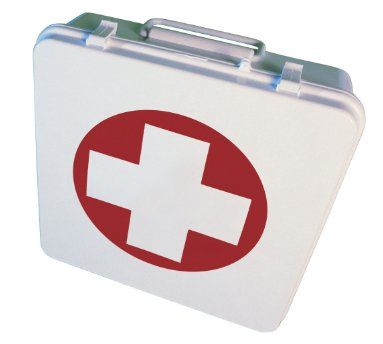The project
SURE
(Supporting the use of research evidence (SURE) for policy in African
health systems) was designed as a collaborative effort. Their aim was to
build on and support initiatives such as EVIPNet in Africa, ZAMFOHR
(Zambia) and REACH (East Africa).
Project work strengthened the use of evidence in policy decisions through partnerships among policymakers, researchers and civil society.
SURE evaluated the effectiveness of several complementary strategies. These included user-friendly access to information, clearinghouses for policy-relevant research, rapid response mechanisms to meet policymakers' needs for timely information, forums for policymakers and researchers, and ways to make research accessible to the general public.
Project members successfully developed about 35 evidence-based policy briefs addressing priority issues in a user-friendly format. These were evaluated by African partners in policy dialogues.
In countries like Burkina Faso and Uganda, rapid response systems to reach policymakers quickly are already operational. These systems were also pilot-tested in countries like Cameroon and Zambia and further optimised.
Another major accomplishment was the completion of two clearinghouses: the
EVIPNet Virtual Health Library, a meta-search engine, and
PDQ-Evidence, a database. They provide quick and easy access to evidence for policy-relevant research on health systems. Furthermore, SURE held workshops, traineeships and other capacity-building activities to support effective usage of research evidence.
SURE compiled the resources developed during the project in SURE Guides and videos that are available in an online package on the project website. Along with EVIPNet and REACH networks, they created a critical mass of expertise on effectively using research evidence in health care decision making. Moreover, SURE resources and tools are versatile and can also be implemented in regions beyond Africa.
The percentage of deaths in low- and middle-income countries (LMICs) is far higher in comparison to developed countries. SURE has facilitated more equitable health care access policies and helped LMICs improve their health status, thereby reducing poverty and improving quality of life.
